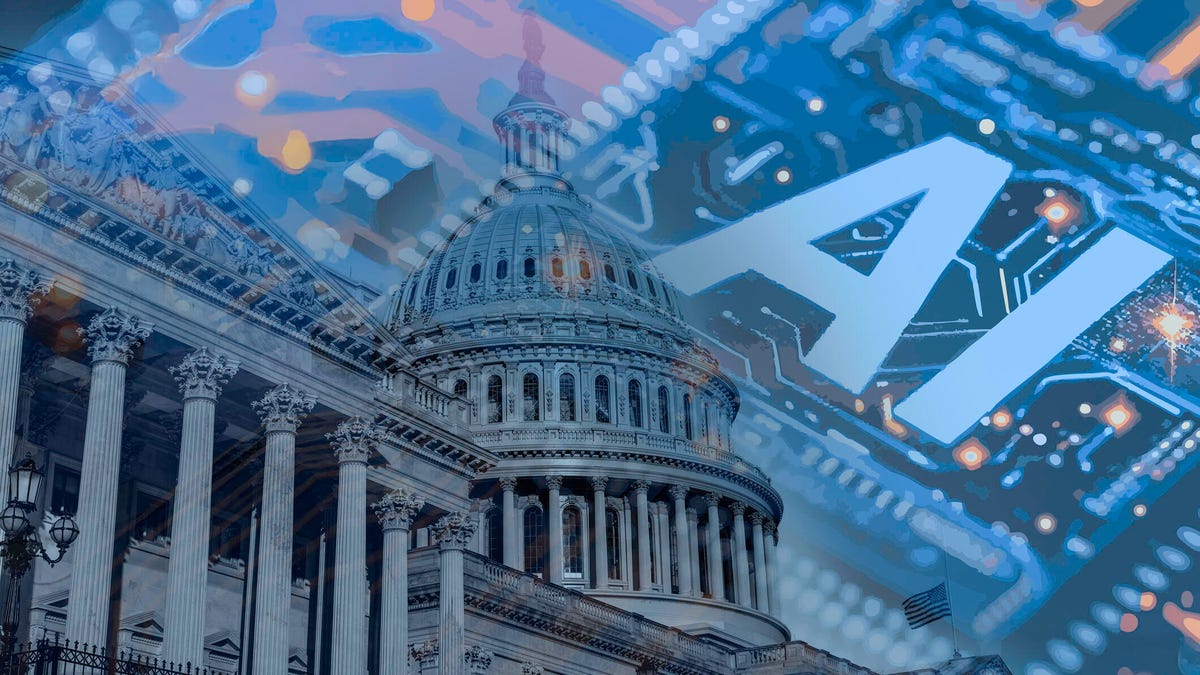AI Companies Face Growing Copyright Lawsuits and Fair‑Use Battles

Key Points
- More than 30 lawsuits target AI firms for alleged copyright infringement.
- Major companies involved include OpenAI, Google, Anthropic, Meta and Stability AI.
- Courts have ruled in favor of AI firms in at least two cases, labeling the use of books as fair use.
- Creators and industry groups warn that broad fair‑use exemptions could erode copyright protections.
- A $1.5 billion settlement highlights the financial stakes of the controversy.
- Legal experts say the dispute pits the human‑centric purpose of copyright against economic incentives.
- Future rulings will determine whether AI developers must obtain licenses for training data.
Tech firms developing generative AI are under increasing legal pressure as creators allege that copyrighted works were used without permission to train models. More than 30 lawsuits have been filed, including high‑profile cases involving OpenAI, Google, Anthropic and Meta. While some courts have ruled that the use of copyrighted books can qualify as fair use, creators and industry groups warn that broader exemptions could undermine copyright protections. The debate highlights the tension between rapid AI innovation and the rights of original authors.
Legal Challenges Facing AI Developers
Generative‑AI companies are confronting a wave of lawsuits that claim they used copyrighted material without permission to train their models. The number of active cases exceeds 30, and they involve major players such as OpenAI, Google, Anthropic, Meta and Stability AI. Plaintiffs include journalists, artists and writers who allege that their works were reproduced, distributed or transformed in ways that violate copyright law. Some suits seek compensation, citing a $1.5 billion settlement in a related case, while others aim to halt the use of the disputed content altogether.
The lawsuits focus on two core issues: whether the training data constitutes an unlawful copy of protected works, and whether the resulting AI outputs infringe on the original creators’ rights. The U.S. Copyright Office has not taken a definitive stance, noting that each case must be evaluated on its specific facts. Courts have begun to issue rulings, with two notable decisions finding that the use of copyrighted books by Anthropic and Meta was “exceedingly transformative” and therefore qualified as fair use.
Fair‑Use Debate and Industry Responses
Tech companies argue that a broad fair‑use exemption would enable them to continue innovating without the burden of negotiating licenses for every piece of content. Google has said that fair use would allow rapid development, while OpenAI frames unrestricted AI advancement as a matter of national security. Critics, however, contend that such exemptions would give AI firms “carte blanche” to exploit creative works without compensation, weakening the copyright system that supports creators.
In March, over 400 writers, actors and directors signed an open letter urging the U.S. administration not to grant a special government exemption for AI training. They warned that the industry’s substantial revenues and available funds do not justify weakening copyright protections. Legal scholars note that the debate pits two traditional purposes of copyright—encouraging human creativity and protecting economic value—against the new realities of AI‑driven content creation.
The outcome of these disputes will shape how AI models are built and how creators are compensated. If courts continue to favor fair‑use arguments, AI developers may proceed with fewer licensing obligations. Conversely, rulings that reinforce copyright owners’ rights could compel the industry to secure licenses or develop new methods for training data that respect intellectual‑property laws.